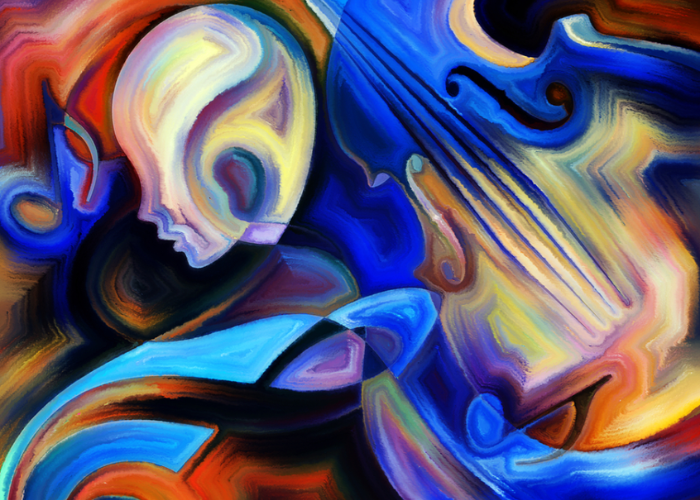Music is an essential part of modern life. We hear it everywhere: in our cars, at the office, in the grocery store, and even during our morning commute. It’s hard to imagine a world without music. But what is music? How does it affect us and how can we choose music that suits our emotional needs? In this blog, we’ll explore the impact of music on our emotions, memory, and overall well-being. We’ll define different types of music and how they impact us, discuss the benefits of listening to music, and explore the potential risks. By the end of this blog, you should have a better understanding of the power of music and how to use it to your advantage.
Definition of Music
Music is a form of art that combines elements of melody, harmony, rhythm, and instrumentation to create a unique sound. It can be vocal or instrumental. Music can evoke emotion and create memories. It can be calming or uplifting, depending on the type of music and the individual’s mood. Music can also be used to set a mood or create an atmosphere.
Impact of Music on Emotions
Music has the power to affect our emotions in powerful ways. Listening to music can create a range of emotions, from joy to sadness and everything in between. It can also help us process and cope with difficult emotions. Listening to music can evoke a range of positive emotions, such as happiness, excitement, and joy. It can also help to reduce stress and anxiety. Music can also help us to connect with our innermost feelings and access deeper levels of emotion.
Impact of Music on Memory
Music can also have an impact on our memory. Music can help us to recall past memories and experiences. It can also help to improve our focus and concentration. Studies have shown that listening to music can improve our cognitive functioning and help us to better remember and recall information. Additionally, music can help to reduce age-related memory decline.
Different Types of Music and Their Impact
There are many different types of music, and each type can have a different impact on our emotions. Classical music is often calming and soothing. Pop music can be upbeat and exciting. Jazz music can be relaxing and contemplative. Rock music can be energizing and empowering. Country music can evoke a sense of nostalgia. Each type of music can evoke different emotions, and it’s important to consider the type of music and its impact on your emotions.
How to Choose Music that Suits Your Emotional Needs
Choosing the right type of music for your emotional needs can be challenging. It’s important to consider the type of music and the emotions it evokes. If you’re feeling overwhelmed and stressed, try listening to calming and soothing music. If you’re feeling down and need an emotional boost, try listening to upbeat and energizing music. If you’re feeling nostalgic, try listening to country music. Experiment with different types of music and find what works best for you.
Benefits of Listening to Music
Listening to music has many benefits. It can help to reduce stress and anxiety, improve our focus and concentration, evoke positive emotions, and create memories. Music can also help to process and cope with difficult emotions. Additionally, music can be used to set a mood or create an atmosphere.
Potential Risks of Listening to Music
Although there are many benefits to listening to music, there are also potential risks. Some people can become addicted to music and rely on it as a coping mechanism. Additionally, listening to certain types of music can evoke negative emotions, such as anger or sadness. It’s important to be aware of the potential risks and to be mindful of the type of music you are listening to.
Conclusion
Music is a powerful force that can affect our emotions, memory, and overall well-being. Different types of music can evoke different emotions, and it’s important to choose music that suits your emotional needs. Listening to music has many benefits, but there are also potential risks. Overall, music can be a powerful tool to help us process and cope with emotions. By understanding the power of music and how to use it to our advantage, we can use music to improve our emotional well-being.







